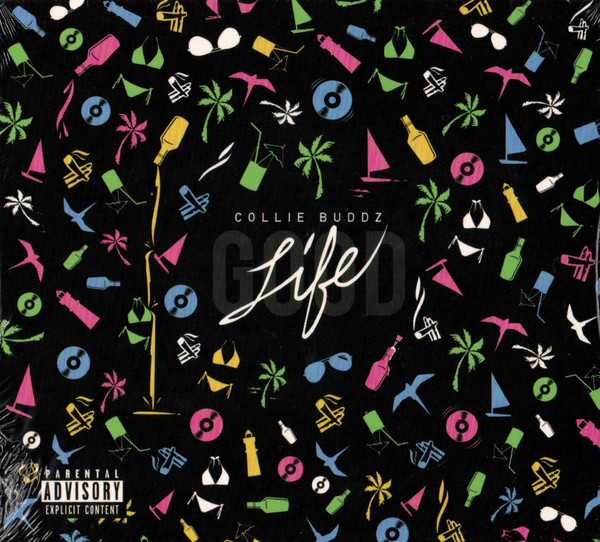
One track, Cockney & Yardie, pretty much sums up his entire career. The precedent for white European artists working in Jamaica was actually set back in the 1980s, thanks to a young Londoner called Dominic. I want them to think the music I make is good, period."

They're not the standards I set for myself. Reggae has always been in my life, so I don't want people to say that I'm good for a white guy. It's not about proving myself as a white artist. It's that reaction that drives me, so with every record and every performance, I try to do something special. Reggae crowds can be very demanding, but if they like you, they will show you love like no one else. "The culture is very mixed in Bermuda and we're closely linked to Jamaica in many ways. "Race hasn't been an issue for me," he agrees.

Of course, it also helps that his naturally lilting island accent lends itself perfectly to reggae's cadences, allowing him to sing convincingly in both roots and dancehall styles. However, any problems he might face as a white man singing reggae are largely circumvented by his upbringing. Now collaborating with stars including Paul Wall, Akon and Sizzla, Buddz has penetrated the international market in a way that few Jamaican artists manage - he released an album on Sony last year, containing a hugely popular hit single, Come Around. That's how I started out, playing songs and chatting over them with my friends." Bermudian people like to party, too, so any excuse is good enough for someone to string up a set of speakers and for people to start dancing. As a teenager, I spent all my time listening to tapes from Jamaica, clashes between sound systems such as Killamanjaro and Stone Love, the latest songs by artists such as Buju Banton. "It's a small island that imports a lot of its culture from elsewhere. "In Bermuda, everyone grows up with reggae," he says. It was here that his love of reggae began. Born Colin Harper in New Orleans 27 years ago, he moved to his parents' home of Bermuda at the age of five. Maybe, finally, there is white reggae that is more than a pale imitation of the real thing.Ĭollie Buddz is the best known. These artists even market themselves not to the crossover market but to hardcore reggae fans - including those in Jamaica.

Then there's the perpetually thorny issue of white performers co-opting the culture of a historically oppressed minority.Īll of which makes it surprising that there is a new crop of white reggae performers, eschewing the melanin-deficient basslines and embarrassing attempts at patois that have caught out their predecessors. The problem with white reggae has always been that reggae depends for its force on its context: the rich rock insider's take on I Shot the Sheriff can never really capture the intensity of a song about struggling for freedom and killing a policeman.


 0 kommentar(er)
0 kommentar(er)
